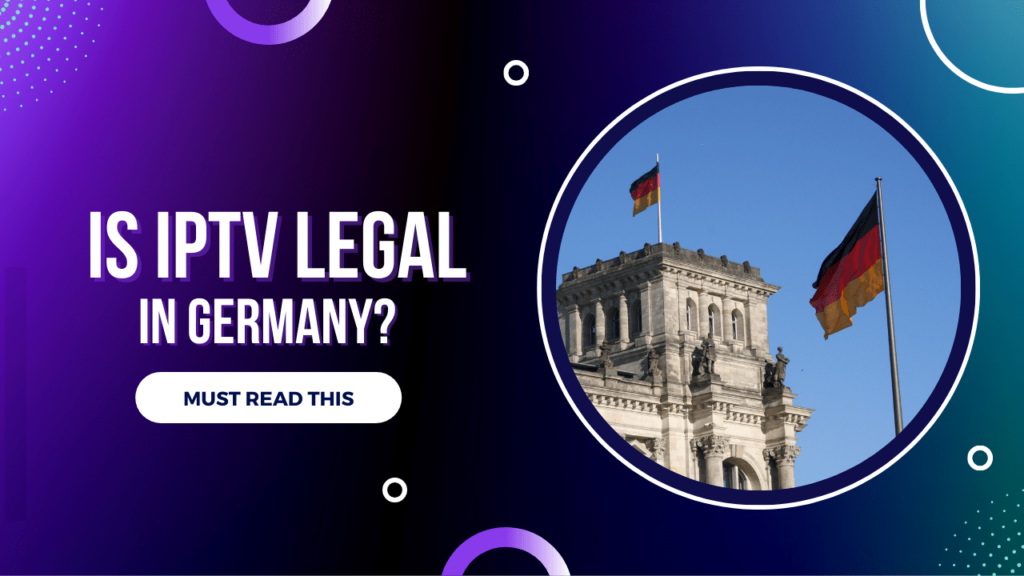IS IPTV LEGAL IN GERMANY
Table of Contents:
- Introduction
- Legal Framework in Germany
- Broadcasting Laws
- Copyright Laws
- Consumer Protection Laws
- Legal Status of IPTV in Germany
- Licensed Providers
- Unlicensed IPTV Services
- Risks and Consequences for Users
- Legal Liability
- Security Risks
- Quality and Reliability
- Conclusion
Introduction
IPTV, or Internet Protocol Television, is a popular method of consuming television content over the internet. With its convenience and accessibility, many people in Germany are turning to IPTV for their entertainment needs. However, there are legal considerations surrounding IPTV that users should be aware of to avoid potential issues. In this article, we will explore the legality of IPTV in Germany, discussing the relevant laws, regulations, and implications for users.

Legal Framework in Germany
Broadcasting Laws
In Germany, broadcasting laws regulate the distribution of television content. The Interstate Broadcasting Treaty (RStV) and the Interstate Treaty on Broadcasting and Telemedia (RStV) govern the licensing and operation of television services, including IPTV.
Copyright Laws
Copyright laws protect the rights of content creators and owners. Users of IPTV services must ensure that they have the appropriate licenses or permissions to access and distribute copyrighted content legally.
Consumer Protection Laws
Consumer protection laws in Germany safeguard the rights of consumers and regulate business practices in the telecommunications sector. These laws may impact IPTV providers and users, especially regarding advertising, pricing, and contract terms.
Legal Status of IPTV in Germany
Licensed Providers
Licensed IPTV providers in Germany comply with broadcasting laws and hold the necessary permits to offer television services to consumers. These providers typically offer a wide range of channels and content, ensuring legal access to copyrighted material.
Unlicensed IPTV Services
Unlicensed IPTV services, often referred to as “pirate” or “grey market” IPTV, operate without proper authorization or licensing. These services may offer access to copyrighted content illegally, violating copyright laws and potentially exposing users to legal consequences.
Risks and Consequences for Users
Legal Liability
Users of unlicensed IPTV services may face legal liability for copyright infringement. Distributing or accessing copyrighted content without authorization is illegal and can result in civil lawsuits, fines, or criminal charges.
Security Risks
Unlicensed IPTV services may pose security risks to users, such as malware, spyware, or data breaches. These services may not have proper security measures in place, leaving users vulnerable to cyber threats.
Quality and Reliability
Unlicensed IPTV services may offer lower quality streams and unreliable service compared to licensed providers. Users may experience buffering, freezing, or disruptions in service, impacting their viewing experience.
Conclusion
While IPTV offers convenient access to television content, users in Germany must be mindful of the legal implications associated with its use. Licensed IPTV providers ensure compliance with broadcasting and copyright laws, offering legal access to a wide range of content. However, unlicensed IPTV services pose risks of copyright infringement, legal liability, and security vulnerabilities. To avoid potential issues, users should choose licensed IPTV providers and ensure they are accessing content legally and ethically.
In conclusion, while IPTV can be a valuable source of entertainment, users should prioritize legality, security, and reliability when selecting IPTV services in Germany.
